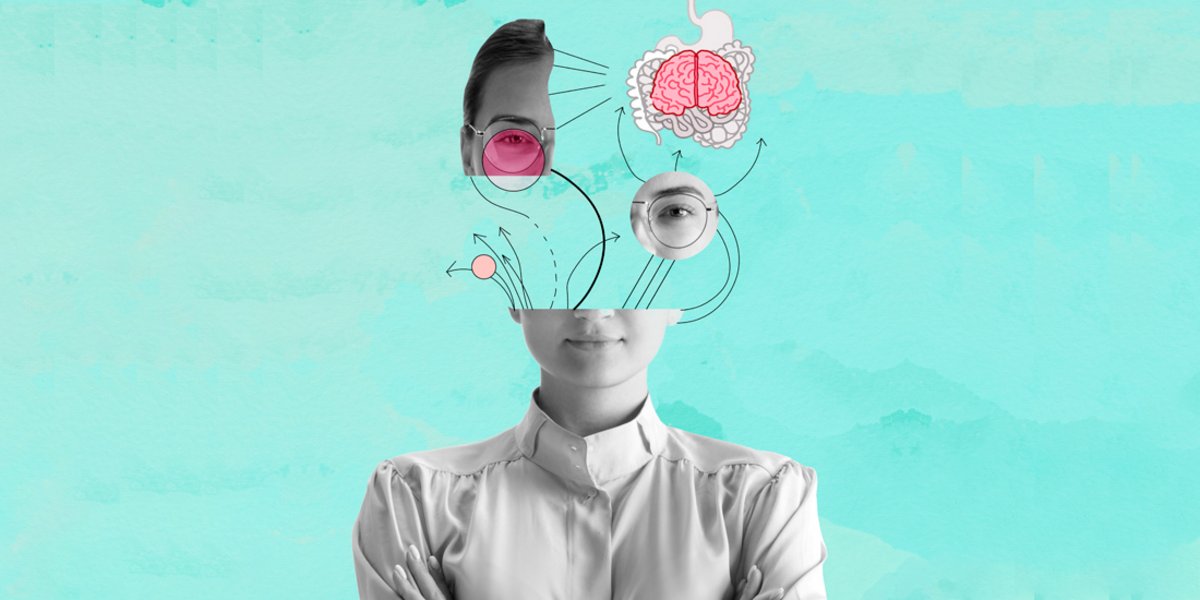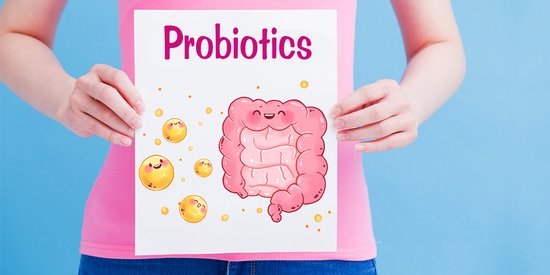You might think that neurons were restricted to our brains, but hey we love surprises, and today we think we might surprise you! The work of researchers has led to a discovery. In fact, our intestines seem to be intelligent! They house between 200 to 500 million neurons.
An emotional gut?
The walls of our intestines are lined with hundreds of millions of neurons, which produce, for example, serotonin, the happiness message-transmitter. To look into this more closely, serotonin is involved in the management of our moods. When this is well balanced, our risk taking is reduced, allowing the maintenance of a favorable situation.
Logically therefore, this is the “serenity hormone”, regulating our emotions, our moods and our stress.
This molecule is therefore not only extremely valuable to us, it is essential for our survival!
A less ordinary intestinal microbiota
But hang on, our guts have all sorts going on, and often seem to struggle. The intestine is also home to many microorganisms, such as bacteria. These bacteria obviously have a role in digestion, but also in our metabolic functions (all the reactions allowing the organism to be kept alive, such as respiration, immune and neurological functions. We are therefore in symbiosis with billions of individuals!
Its importance is immense! Research on obesity has identified changes in the diversity and balance of bacterial groups. All this can then involve fatigue, diarrhea, constipation, bloating, immune deficiency or digestive disorders. Our microbiota therefore represents an entire ecosystem, comprising multiple interactions, particularly with regards to what we ingest.
Functional relationship between intestinal microbiota and neurons!
The intestinal microbiota sends signals to the brain, via the neurons present within our intestine, affecting our mood or inducing stress. Our central nervous system (combining the brain and the spinal cord) is in constant interaction with our digestive tract. In fact, 80% of signals such as pain or hunger are induced in our gut, which then tells our head! Nerves and blood are the carriers of these signals, routed to that infamous depot: the brain.
Our intestine is therefore both a second brain through the many sheltered neurons it has, but also a reservoir of diversity through the titanic ecosystem it contains!
So I'm going to issue a little note to myself: BE CAREFUL what you eat (bacteria is life!) and listen to your emotions and your body to say goodbye to stomach pains. Yes, as I explained to you previously, the stomach and the brain dance tightly together, following the steps of your emotions or disarray.








